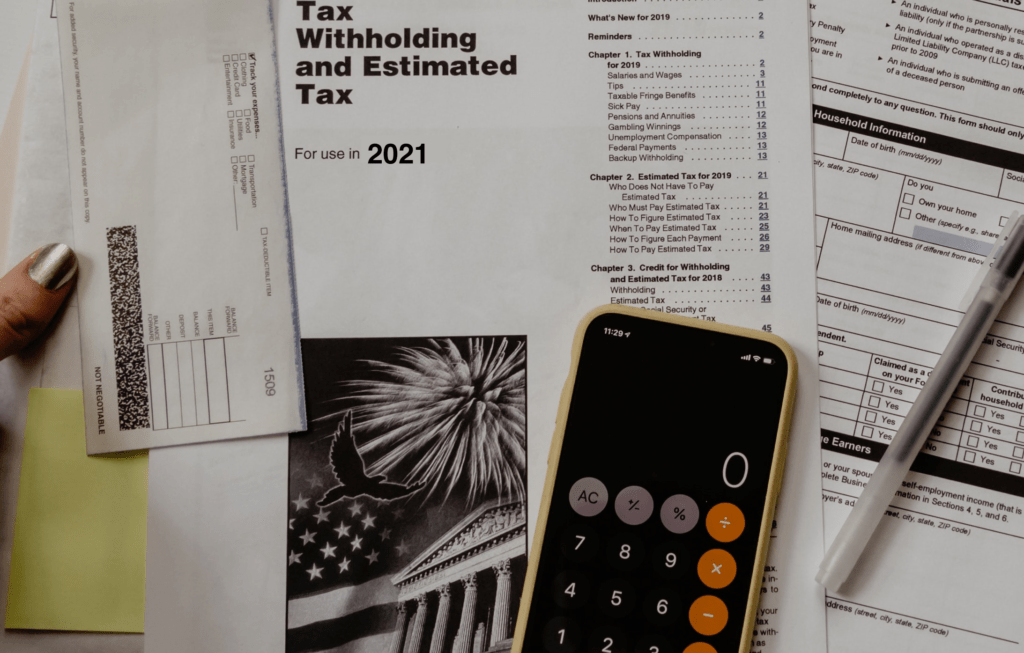
It’s unfortunate, but the fact is we can’t make a new pilot overnight.
And, if we want more pilots to enter the industry, we need to ensure that they’re well-compensated. We need to reward them for their expertise and flight training. Not to mention the years it takes to accumulate flight hours that are required by many business aviation employers.
That’s why attracting and retaining pilots requires a delicate balance of compensation (including pilot salary, bonus and, when possible, equity) along with adequate time off. So how can we make sure to hire and keep your best pilots? One thing for certain is to create industry standards that we can all get behind.
Pilot Salary Resources
In order to create standards around compensation, a key step is to educate your senior executives and HR partners on how long it takes to achieve thousands of flight hours. And the money involved.
To help you build your business case, we’ve collected some of our favorite articles on the subject of recruitment, compensation and retainment.
Time & Money
We always say, “money isn’t everything.” But we all know it’s a huge factor. International captains working for larger corporate operations now command a base pilot salary of more than $200K. Equally important is time off. And “time off” means specific days, known well in advance, so that your pilot can make personal plans that won’t be usurped by a call out. Read more.
Beef Up Bizav Compensation Plans
To retain captains during the pilot shortage, many of bizav’s top employers offer multi-faceted compensation programs. They include an attractive salary, potential bonus, equity in the company and company benefits. Read more.
2021 Pilot Salary Guide
For the past two years, API has contributed pilot salary and compensation data for BCA’s annual operations planning guide. This is an excellent resource to share as you budget for 2022 new hires and promotions. Read more.
Case Study: How to Build a Business Case for Higher Salaries
A few years ago, a Fortune 100 company owned up to the fact that it was paying less than other flight departments. And especially the airlines. Using help from API (including our data), they partnered with HR to improve their comp structure. And they did so by increasing their captains’ pay by an average of $80K per pilot. Read more.
The High Cost of Pilot Turnover
One of the major problems with turnover is that a qualified pilot’s departure can leave your flight department high and dry. And often when you’re least expecting it. Find out why pilot turnover costs are so high, and why your organization needs a solid retention strategy. Read more.
Rethink Typical Retention Bonuses
The pilot shortage isn’t going away any time soon. So it’s time to think outside of the box and take action that leads toward a creative retention strategy. And I’m not talking about typical retention bonuses. In my opinion, they just don’t work. I’ll try to explain why. Read more.
Pilot Shortage: How We Got Here & What’s Next
I’ve been blogging and speaking about the talent shortage for the past 10 years. As we all know, it hasn’t gone away. But how did we get here? What’s the root cause? Let’s examine what created this talent gap to help us plan some strategic steps to help correct it. Read more.
The No. 1 Reason Pilots Leave: Survey
A few years ago, we surveyed pilots on why they were leaving their organizations. They told us the number one reason was due to compensation. Read more.
Corporate Aviation vs. Airlines: It’s a Choice
For years, Part 121 operators have been able to lure pilots and other bizav professionals. That’s due to offering high salaries and lucrative, employer-funded 401K programs. (Some 401K programs allow up to 16 percent direct contribution.) But for many people, corporate aviation is a choice. And it offers a particular quality of life as well as a different way of life. Read more.
Here’s Some Homework
Interested in learning how your Part 91 operation stacks up with the airlines regarding attraction, retention and compensation?
Check out API’s aviation compensation consulting, where we analyze your pilot salaries and compare them with the airlines’. We also review compensation structures for aircraft maintenance, dispatch and more.
And if you’re looking for Part 91 flight departments that pay well, apply with API today—it’s FREE.
Remember, when you become an API Registered Professional™, we’ll be able to notify you of potential career opportunities that match what you’re seeking.
